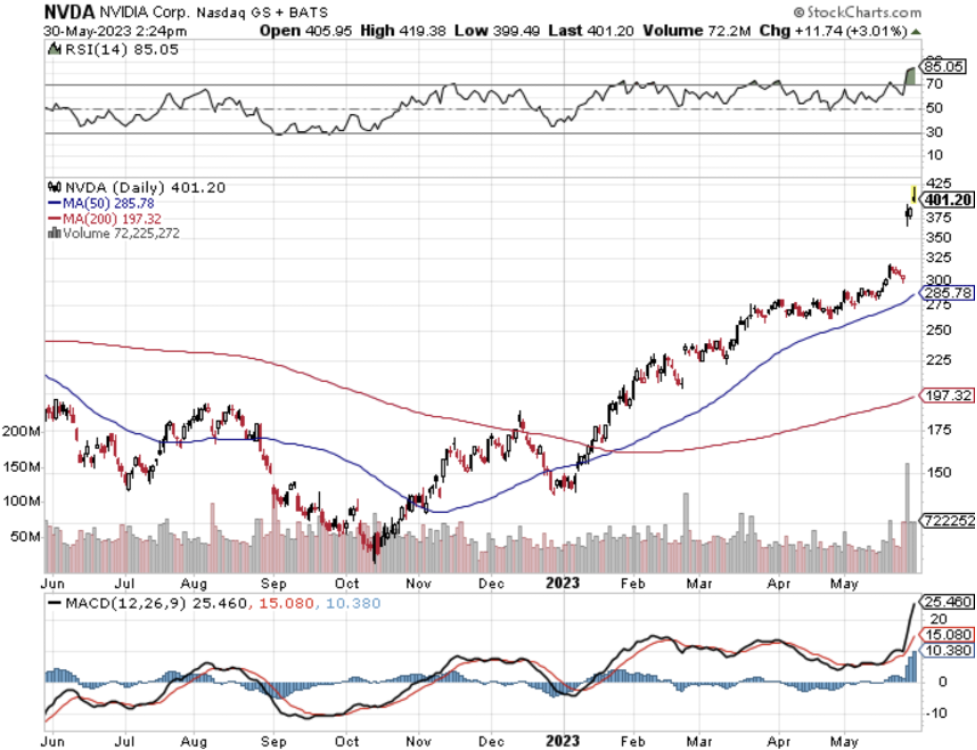Will China Win the AI Wars
The two tech heavyweights are basically what the generative AI wars are going to come down to.
Who do I mean?
The United States and China are naturally involved in a larger economic spat that has come to define the world we live in.
What’s the good news?
The Yanks are clearly ahead in the technology that could define the future of the human race.
China’s bread and butter has been to steal vital intellectual property, reverse engineer it, then roll it out for mass adoption.
The strategy has been incredibly effective in launching the Chinese to the second-biggest economy in the world.
Rinse and repeat, right?
China won’t be able to just “copy” generative AI unless they can poach the competition, but since American corporations know the Chinese playbook, I doubt they would allow IP secrets to leak out like a broken toilet.
It most likely appears as if the Chinese and their own Silicon Valley or lack of one will need to create this by themselves.
Funnily enough, American artificial intelligence developed from a non-profit OpenAI as it researched the Transformers machine learning model, which eventually powered ChatGPT.
This environment never existed in most Chinese companies. They would build deep learning systems or large language models only after they saw the popularity.
US investors have also been supportive of the country's research push. In 2019, Microsoft said it would put $1bn into OpenAI.
China, meanwhile, benefits from a larger consumer base. It is the world's second-most populous country, home to roughly 1.4 billion people.
China lives in a world where speed is essential, copying is an accepted practice, and competitors will stop at nothing to win a new market.
This rough-and-tumble environment makes a strong contrast to Silicon Valley, where copying is stigmatized and many companies are allowed to coast on the basis of one original idea or a lucky break.
Creativity and entrepreneurship aren’t valued in China.
At the fundamental level, Chinese tech companies might not be able to hang because they won’t have access to suitable materials.
High-performing computer chips, or semiconductors, are now the source of much tension between Washington and Beijing. They are used in everyday products including laptops and smartphones, and could have military applications. They are also crucial to the hardware required for AI learning.
US companies like Nvidia currently have the lead in developing AI chips and that supply is choked off by the US administration.
For now, the US seems to be ahead in the AI race, and there is already the possibility that current restrictions on semiconductor exports to China could hamper Beijing's technological progress.
However, China's ability to manufacture high-end equipment and components is an estimated 10 to 15 years behind global leaders and that could be the determinant between winning and losing.
Readers need to invest in the AI stocks like Nvidia on every dip and the best of the rest to participate in one of the greatest tech trends in the modern era.




